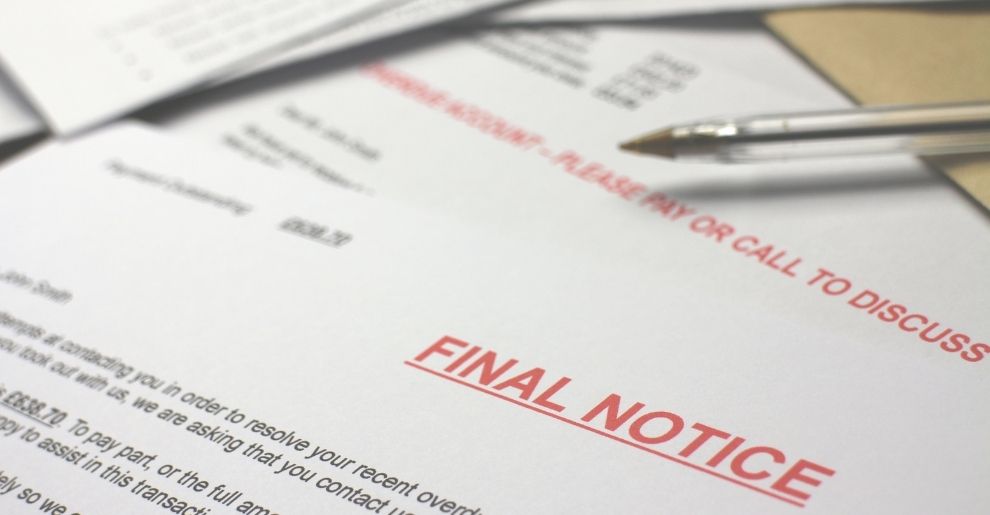Debt collection in the wake of the coronavirus pandemic – what are the options?

In this article, we look at debt collection during the coronavirus pandemic, to help you understand what options are available to you.
In these uncertain times, no matter how big or small your business is, managing cash flow can be challenging. One particular difficulty for many firms is dealing with debt collection. Maximising debt collection should be a priority for your business to secure your financial future, but it may be tough to navigate during the pandemic.
At present, many of your debtors may be struggling financially, or claim they are unable to pay invoices. One of the challenges we face as debt recovery lawyers is ascertaining the true financial circumstances of our clients’ debtors and obtaining maximum recovery of debt. Many debtors may try to get out of their obligations, claiming that coronavirus has severely impacted their business – even when this is not true.
Communication is key
It is more important than ever to keep in regular contact with debtors. In challenging times, it can be easy for people’s minds to be focussed on other matters. You should ensure that you keep lines of communication open to fully understand the financial situation of those you are working with and to avoid costly disputes further down the line. In the first instance, try to come to an informal agreement with debtors who may have fallen behind.
Act quickly if debts remain unpaid
Most debtors are willing to work to resolve debts and invoice disputes to avoid further action. However, if a debtor refuses to pay, you will need to escalate the issue. Obtaining professional advice from a debt collection law firm to review your options at an early stage can help. There is no need to attend a lawyer’s office, as consultations can be carried out by telephone or video call.
When you have concerns about the debtors ability to pay what is owed to you, commencing legal proceedings at an early stage may allow you to obtain some form of security, meaning that if your debtor becomes insolvent, you have a better chance of recovering your debt.
Letters before action (LBA)
A debt recovery solicitor can send a letter before action (LBA) to your debtor or debtors, and you should not be dissuaded from contacting a solicitor because of lockdown restrictions. Often a formal letter before action is enough to encourage a debtor to discuss their financial situation with you and to come to a suitable arrangement.
A letter before action sets out:
- Details of the debt
- The consequences of not responding to the letter before action
- Relevant deadlines for making payment or responding to the letter before action
Debt recovery court proceedings
If the debtor fails to make payment or respond to the LBA, you can then take steps to begin court proceedings. Debt recovery proceedings are typically issued through the County Court Bulk Centre (CCBC) or the County Court Money Claims Centre (CCMCC), both of these are currently open and in operation, despite lockdown.
Enforcement
In light of COVID-19, the Government made an amendment to the Taking Control of Goods Regulations (2013). At present, enforcement officers may not attend residential properties under writs of control. However, enforcement agents are working to contact debtors over the phone, by email and by text message.
If you have questions relating to this article, please feel free to contact me: Telephone 020 8221 8062, via email: peter.laskey@bowlinglaw.co.uk or visit my profile.
